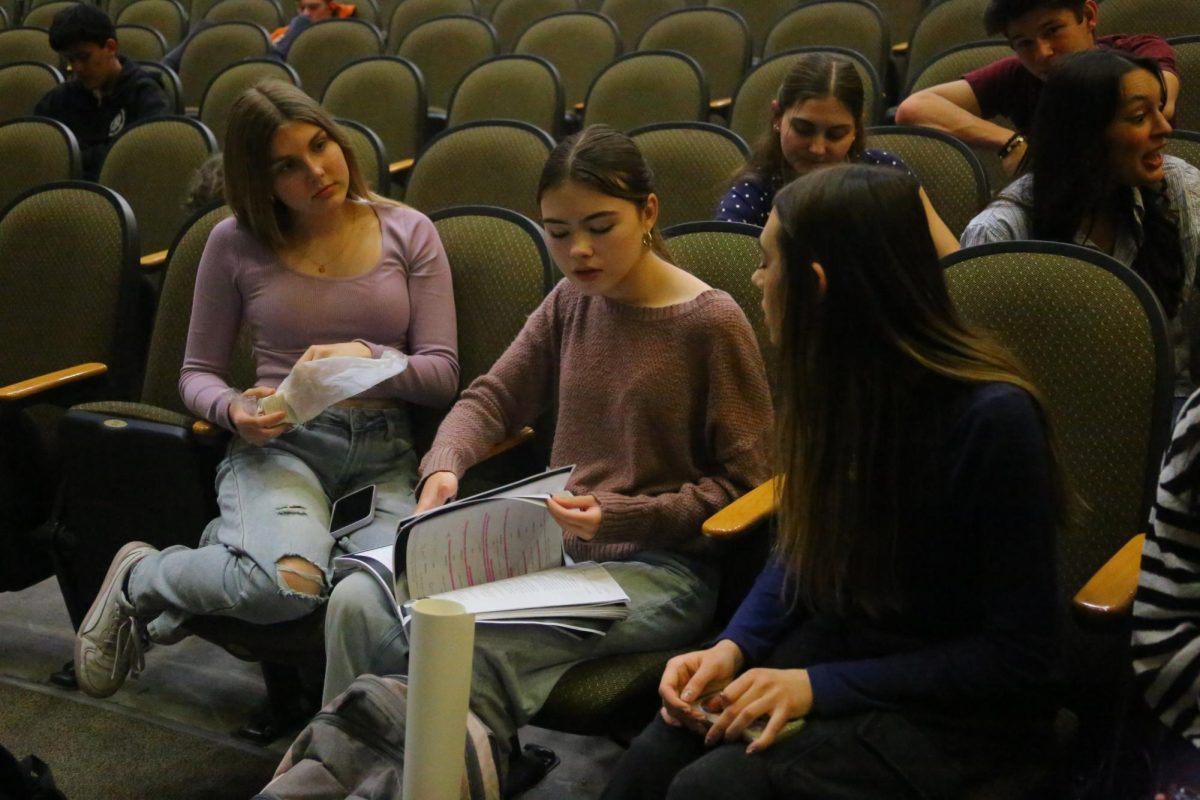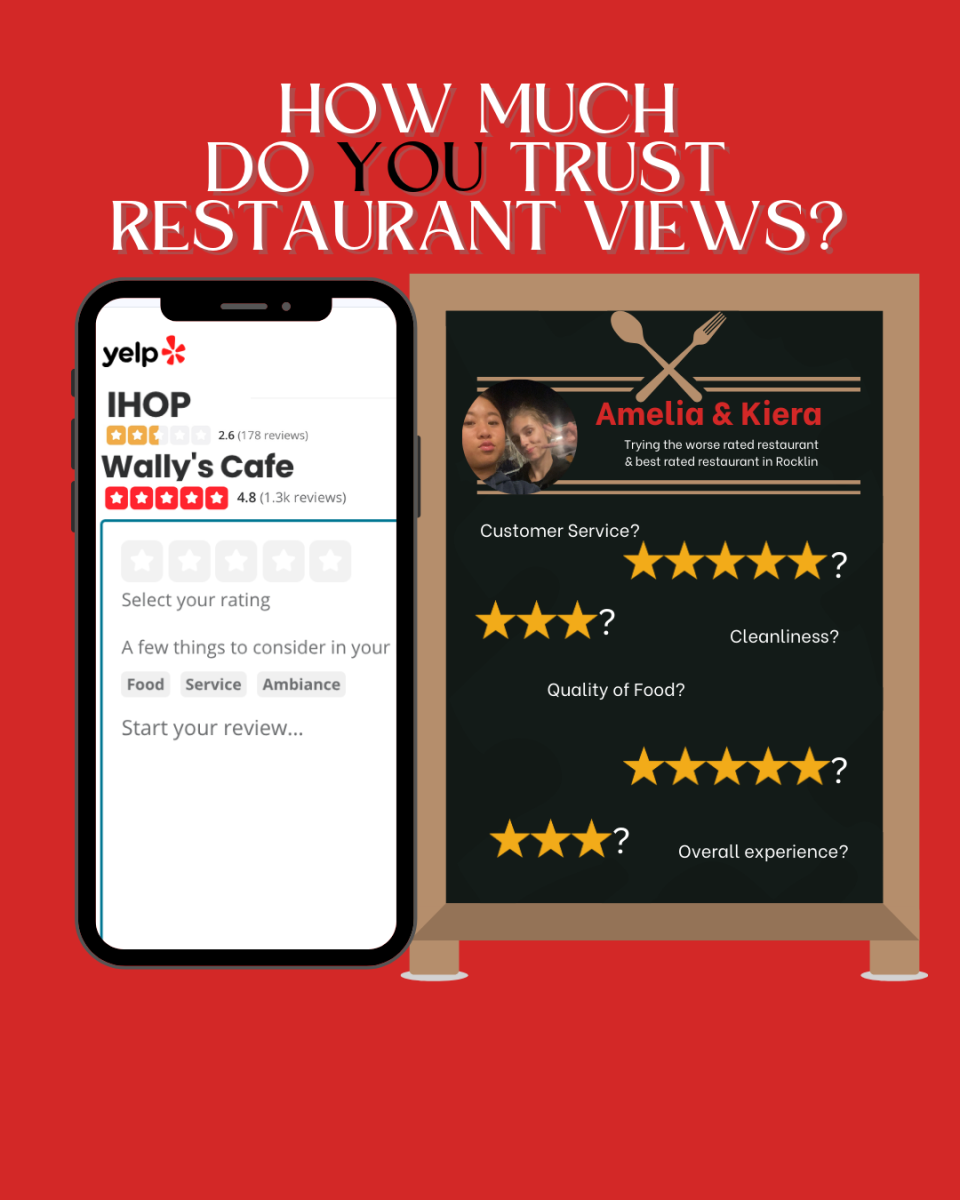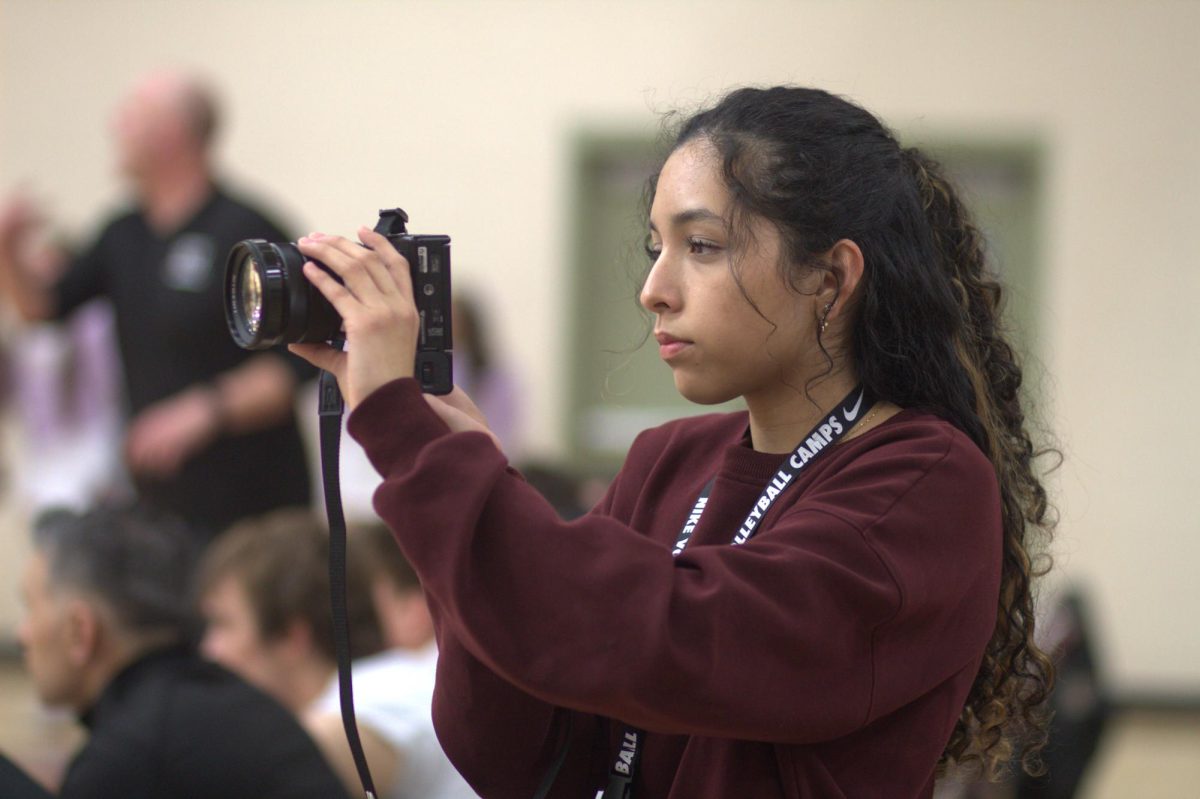
As soon as Grant Waters received the slip permitting him to attend the small gym, cutting his fourth block short; his stomach churned. It was not that he was scared of needles or blood, however he was not quite fond of them either. He had indescribable mixed feelings when it came to this topic. Nevertheless, he was not going to let his mixed feelings stop him from giving back to the community.
When Waters arrived to his destination, the stuffy hospital-like detergent hit him automatically. The room was swarmed with nurses, stretchers, patients and of course blood. At this time, our school fairly resembled a hospital. Waters stepped up up to the sign-in desk, stomach churning more than before, and was handed a slip to fill out by Pavan Sohal.
Pavan Sohal, the Commissioner of Community Service helps run the blood drive with the help of the rest of the leadership team. During the event leadership students exchange shifts working the sign-in desk and making sure everything runs smoothly.
Participating in a blood drive is one of the most easy and simple ways to help save the life of a patient. However there are a few requirements to become a potential donor. To give blood one must be at least 16 years of age, weigh a minimum of 125 pounds and complete a permission slip. It is also necessary to have solid foods and fluids before blood is drawn.
For each student the experience and reasoning varies. Some students participate to conquer their fears of either blood, needles or both. Others genuinely want to make a difference and assist someone in need. Many are curious of their blood type and there is always a few using this as an excuse to get out of class. Whatever the reason, the blood goes to someone in need.
Senior Amanda Rehn had always been afraid to donate blood in the past. This was her last chance.
“I just want to try it at least once in my life and get it over with. Besides, I’ll be giving it to somebody who needs it more than me,” Rehn said.
By doing such a minor act, one greatly impacts the life of patients unable to go on without it.
by KOLETTE KING





